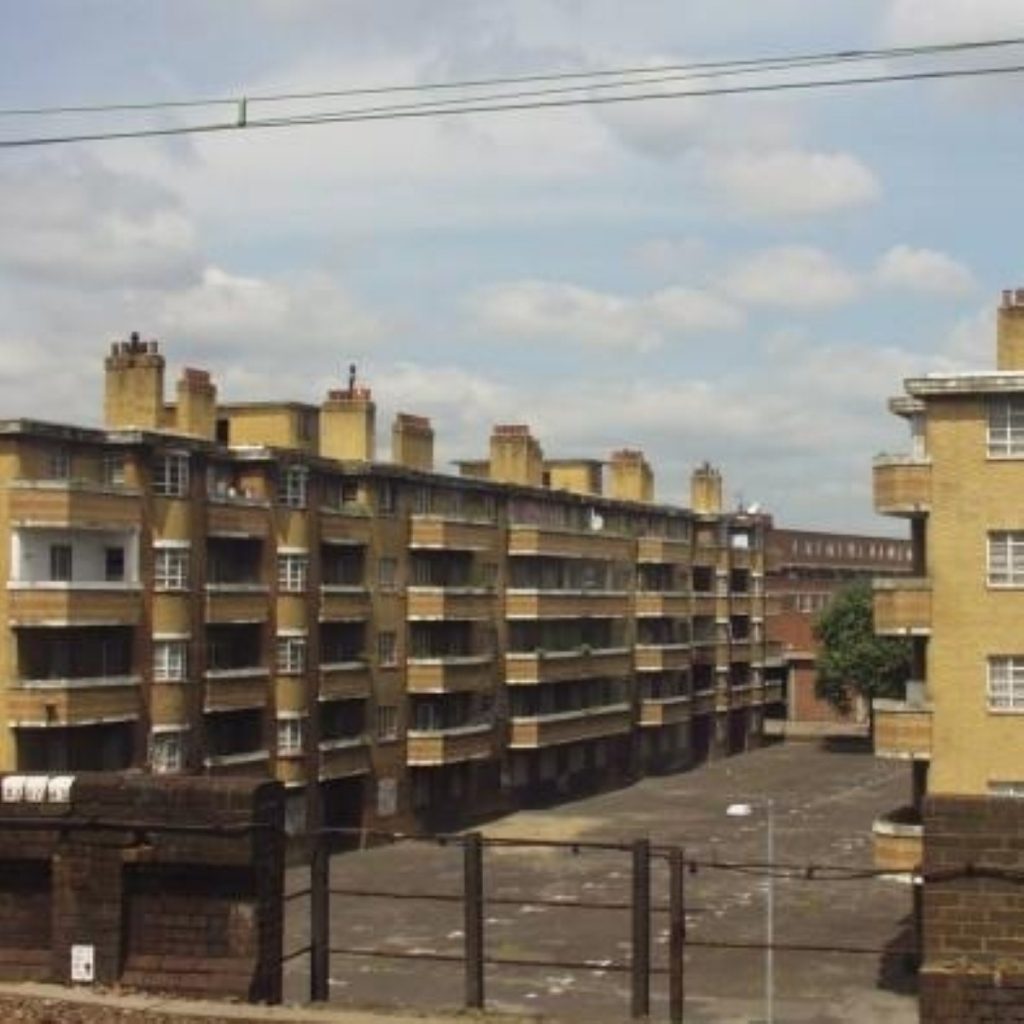‘Social apartheid’ stalks cities
By politics.co.uk staff
Segregation between affluent and deprived communities in Britain’s cities is reaching ‘apartheid’ levels, a new report has claimed.
Progressive thinktank the Fabian Society argues that tenants in born in the 1970s are suffering under a form of social apartheid completely alien to their post-war predecessors.
Report author James Gregory said by the ago of 30 public sector tenants born in 1970 are twice as likely as the population at large to suffer from mental health problems and 11 times more likely not to be in employment, education or training.


This is blamed on poorly planned ‘cities’ of deprivation – whole areas where the wealthy have moved on.
Residents in these poorly located estates often find themselves having to pay more for food at remote, small shops, while even access to free cash machines is often limited.
“It seems the affluent. want to place as much distance as possible between themselves and the stigmatised poor in public housing,” Mr Gregory said.
The report attacks right-to-buy legislation introduced by the Thatcher Conservative government, claiming it has helped bring about this segregation.
“To buy a home. should not mean that tenants should have a right to take public housing stock with them if and when they choose to leave the tenure,” Mr Gregory added.
“We need a flexible right to sell which goes beyond the current emergency measures to become a permanent part of the welfare state.”
Replacing housing benefit with a new universal housing cost credit including both the old benefit and mortgage credit is proposed by the report. This would help get rid of the ‘them-and-us’ stigma, the report argues.









